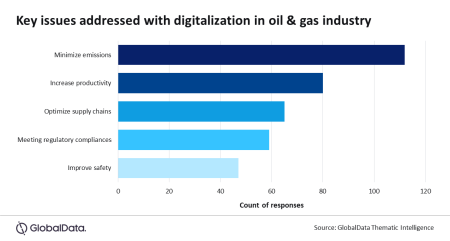
*Plans to lower oil benchmark due to global price slump
Oscarline Onwuemenyi
15 January 2015, Sweetcrude, Abuja – Senate President, David Mark has, once again, assured that the National Assembly will expedite the passage of the Petroleum Industry Bill, PIB, as well as the 2015 budget proposal.
Mark, who made the pledge in a welcome speech at the resumption of plenary by the Senate, in Abuja, remained hopeful that the controversial bill will scale during the last lap of the seventh Senate.
He said, “I would like to assure Nigerians that the National Assembly will work hard to ensure that the 2015 Appropriation Bill is passed in good time.
“As we resume this last lap of the 7th Senate, we shall endeavour to pass the lingering Petroleum Industry Bill. We are conscious of the concerns of various stakeholders (Nigerians and foreigners). It has taken long but we should do all we can to pass it.”
The Senate President further noted that the declining price of crude oil had thrown a wrench in government’s budgetary plans, even as he stressed that the country’s over reliance on a mono product is unhealthy and unsustainable.
According to him, present global reality makes it more pertinent that the Federal and state governments must work assiduously to develop other sources of revenue outside the oil and gas sector.
Meanwhile, there are strong indications that the National Assembly may reduce the budget benchmark for crude from $65 proposed by the Federal Government to $40 as a result of the fall in the price of the commodity in the international market.
The Minister of Finance, Dr. Ngozi Okonjo-Iweala, had presented a national budget size of N4.357tn based on a projected oil production figure of 2.2 million barrels per day and a benchmark price of $65 per barrel.
However, few days after the document was submitted to both chambers of the National Assembly, there was a drastic fall in crude oil prices in the international market, which many commentators said had made the adoption of the $65 unrealistic.
Some senators said notwithstanding the fall in crude oil prices, the upper legislative chamber would still proceed with the discussion on the Medium Term Expenditure Framework and Fiscal Strategy Paper by determining a realistic benchmark oil price.
The Chairman, Senate Committee on Finance, Senator Ahmed Makarfi, and his counterpart in the Rules and Business Committee, Senator Ita Enang, who spoke with journalists in separate interviews, noted that the National Assembly did not need the executive to dictate a benchmark price for the 2015 budget.
Enang said, “We do not need a revised MTEF/FSP from the executive because of the crash in oil prices in the international market. It is our responsibility to look at the budget against the current market forces and determine an appropriate benchmark.
“In my own opinion, I believe that the benchmark should be fixed at $40 per barrel in line with the prevailing oil prices in the international market”
Makarfi also said, “It is now the responsibility of the National Assembly to decide whether we will approve the oil benchmark as submitted by the executive or fix a new one. We do not need to wait for another benchmark from the executive before we start work on the budget.”
Other senators, who spoke with our correspondent on condition of anonymity, confirmed that the benchmark would be reviewed downward to reflect the reality on the ground.
The lawmakers maintained that there is no point in increasing the benchmark, when the situation is not conducive. It was believed that if the benchmark is raised and the price of crude oil continues to fall, government may not have enough money to fund the budget especially, with the coming elections.
Some of the lawmakers revealed that they would not waste too much energy debating the budget before passing it to the Presidency for assent. They also revealed that the only aspect of the budget that could be subjected to scrutiny is the oil benchmark.
The lawmakers may not be willing to embark on elaborate debate because of the need to campaign for votes in their various constituencies.



